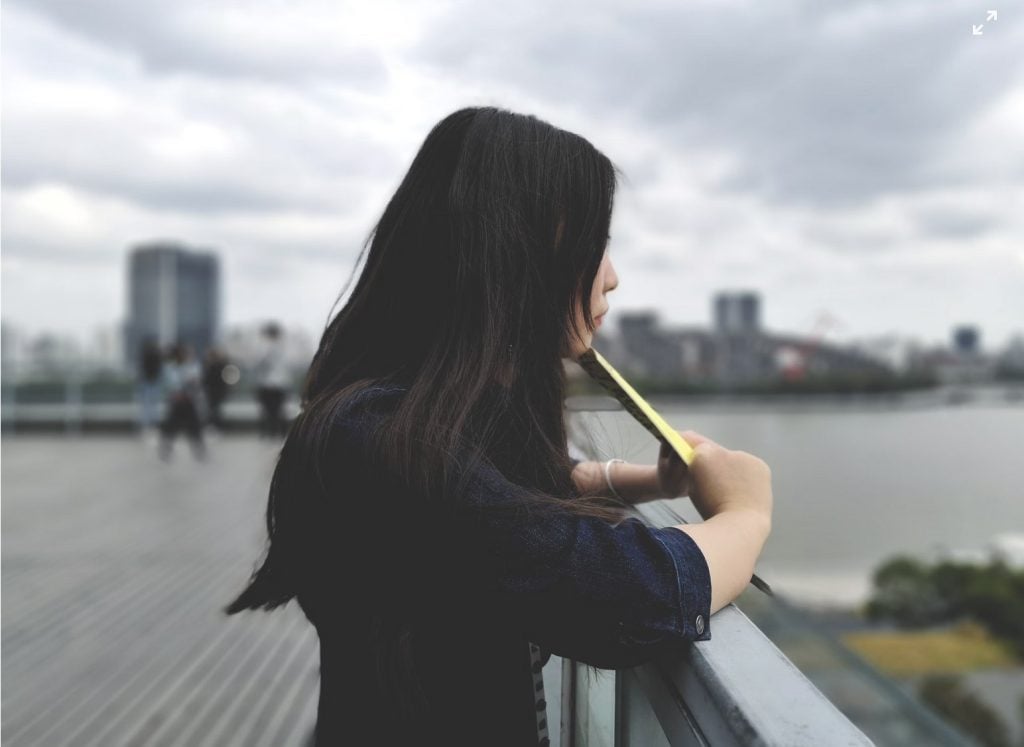
In recent years, the profile of affluent Chinese travellers has undergone a significant transformation, with female travellers emerging as a dominant force. They account for 70-80% of travel decisions and nearly 60% of overall Chinese tourists, underscoring their significant influence on the travel market.
The “China’s Women in Charge” report by FINN Partners and ILTM Asia Pacific reveals crucial insights into Chinese female travellers’ travel behaviours and preferences. It highlights significant opportunities for the MENA region to attract this high-spending demographic. Here are some of the key takeaways:
The rise of solo travel
There is a notable trend towards increasing solo travel among affluent Chinese women, regardless of marital or parental status. 72% of women said they would continue solo travel or increase the amount they travel in the future. 46% of mothers also intended to travel more without their children.
Increased spending for experiences and memories
The trend of increased spending on experiences and memories has become prominent, with 71% of travellers preferring to allocate their funds to unique experiences rather than material possessions.
This demographic seeks personalised and exclusive adventures, such as boutique hotels and curated tours, prioritising immersive local experiences and once-in-a-lifetime events. Despite 44% of travellers purchasing tangible souvenirs, 56% value intangible memories more. This shift emphasises the importance of unique cultural engagements for a luxurious travel experience.
Evolving definition of luxury
The evolving definition of luxury has transitioned from material possessions to experiences that offer personal fulfilment. This new luxury narrative emphasises self-contentment and personal achievement over external validation.
99% of travellers believe travel has the potential to provide joy, and 63% see luxury as “me time.” This shift to a modern concept of luxury means affluent Chinese travellers are increasingly seeking meaningful and enriching travel experiences that bring a more profound sense of satisfaction and joy
Five opportunities for the Middle Eastern market

The Middle Eastern market is well-positioned to attract Chinese female travellers by leveraging its rich cultural heritage, luxury offerings, and emerging tourism infrastructure.
Here are some strategies to consider:
- Provide cultural immersion and authentic experiences
MENA has many unique cultural experiences to highlight, such as historical tours, traditional arts and crafts, and culinary experiences. Promoting events like the Jeddah Season and Riyadh Season, which offer entertainment, culture, and art, can attract female Chinese travellers looking for immersive experiences.
With 56% of travellers expected to spend more on travel experiences in the next 1-3 years, there’s a strong trend towards balancing itineraries between popular destinations and hidden gems. This reflects a desire for both familiarity and new discoveries. When picking a niche destination, 89% seek natural beauty, 66% want unique local experiences, and 58% are drawn to cultural or historical sites. Furthermore, 51% desire authentic local experiences that go beyond tourist hotspots. Nearly 90% of luxury female travellers are particularly attracted to destinations known for their natural beauty and landscapes and are willing to invest in unique local journeys and once-in-a-lifetime experiences.
- Highlight luxury and wellness options
With a growing interest in luxury travel, areas like Saudi Arabia can emphasise its high-end hotels, resorts, and wellness centres. The Red Sea, in particular, has new giga projects in the wellness space like Nujuma. Offering tailored wellness packages that include spa treatments, yoga retreats, and traditional healing practices can cater to the health-conscious segment of Chinese female travellers.
Wellness tourism has evolved to encompass a holistic approach, emphasising a balance of physical and mental well-being. There is a growing interest in adventurous experiences as part of this wellness trend, particularly among the older generation, who are twice as likely to invest in health-inspired aspects to enhance their luxury travel experiences compared to other age groups.
- Promote safety and convenience
77% of travellers cited safety and security as a top priority. Ensuring safety measures are in place and well communicated can alleviate concerns for solo female travellers. 31% of female travellers would prefer accommodation that is designed for women. This could include services such as women-only floors in hotels and female guides, which can make MENA destinations more attractive to this growing segment.
Additionally, facilitating easy access to travel information in Mandarin and offering Chinese-speaking staff can make Chinese travellers feel more comfortable and welcomed.
- Leverage technology and digital platforms
For time-poor, high-value travellers, convenience is the ultimate luxury. In a digitally savvy country like China, travellers of all ages seek enhanced technology integration to facilitate efficient travel planning, address logistical challenges, and elevate the overall travel experience. 37% are seeking better technology integration into transportation arrangements and check-ins, and technology is crucial in enhancing their travel experiences.
Collaborating with popular Chinese travel platforms like Ctrip, WeChat, and Weibo for targeted marketing campaigns can effectively reach this audience. Engaging with influencers and bloggers who specialise in travel can also help promote MENA as a desirable destination.
- Improve visa facilitation and direct flights
Simplifying the visa process and increasing direct flight connectivity between major Chinese cities and MENA can make travel more convenient. Saudi Arabia is leading in this area by granting China Approved Destination Status (ADS) since 1 July 2024. Alongside this initiative, Saudi also offers increased direct flights, reduced visa fees, and Mandarin-language support.



